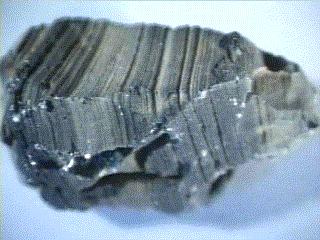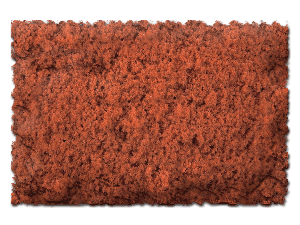
Saturday, May 7, 2011
Spanish Flu
The 1918 flu pandemic (the Spanish Flu) was an unusually severe and deadly influenza pandemic that spread across the world. Historical and epidemiological data are inadequate to identify the geographic origin. Most victims were healthy young adults, in contrast to most influenza outbreaks which predominantly affect juvenile, elderly, or weakened patients. The flu pandemic was implicated in the outbreak of encephalitis lethargica in the 1920s. (source: Wikipedia)


The Burgess Shale
The Burgess Shale Formation, located in the Canadian Rockies of British Columbia, is one of the world's most celebrated fossil fields, and the best of its kind. It is famous for the exceptional preservation of the soft parts of its fossils.


Rock Categories
Igneous rocks are formed from melted rock that has cooled and solidified.

Sedimentary rocks are formed at the surface of the Earth, either in water or on land.

Sometimes sedimentary and igneous rocks are subjected to pressures so intense or heat so high that they are completely changed. They become metamorphic rocks, which form while deeply buried within the Earth's crust.


Sedimentary rocks are formed at the surface of the Earth, either in water or on land.

Sometimes sedimentary and igneous rocks are subjected to pressures so intense or heat so high that they are completely changed. They become metamorphic rocks, which form while deeply buried within the Earth's crust.

Red Clay Soils
- Since the mid-1800s, the red soils revealed by erosion have been the predominant soil type in the Georgia Piedmont. They consist of kaolinite and halloysite, which are 1:1 aluminosilicate clay minerals and iron oxides. The clays came from the weathering of igneous and metamorphic rocks that are rich in feldspar. The red color is due to the iron oxides. P. W. Mayne and D. A. Brown characterized Georgia Piedmont soil in 2003 as being hard to categorize by the Unified Soil Classification System. They regarded the Piedmont residuum as a dual soil type that shows characteristics of both fine-grained and coarse-grained soils.

12 Soil Orders
Geocaching
Geocaching is an outdoor sporting activity in which the participants use a Global Positioning System (GPS) receiver or other navigationaltechniques to hide and seek containers, called "geocaches" or "caches", anywhere in the world.
 Geo-caching website
Geo-caching website

Subscribe to:
Comments (Atom)



